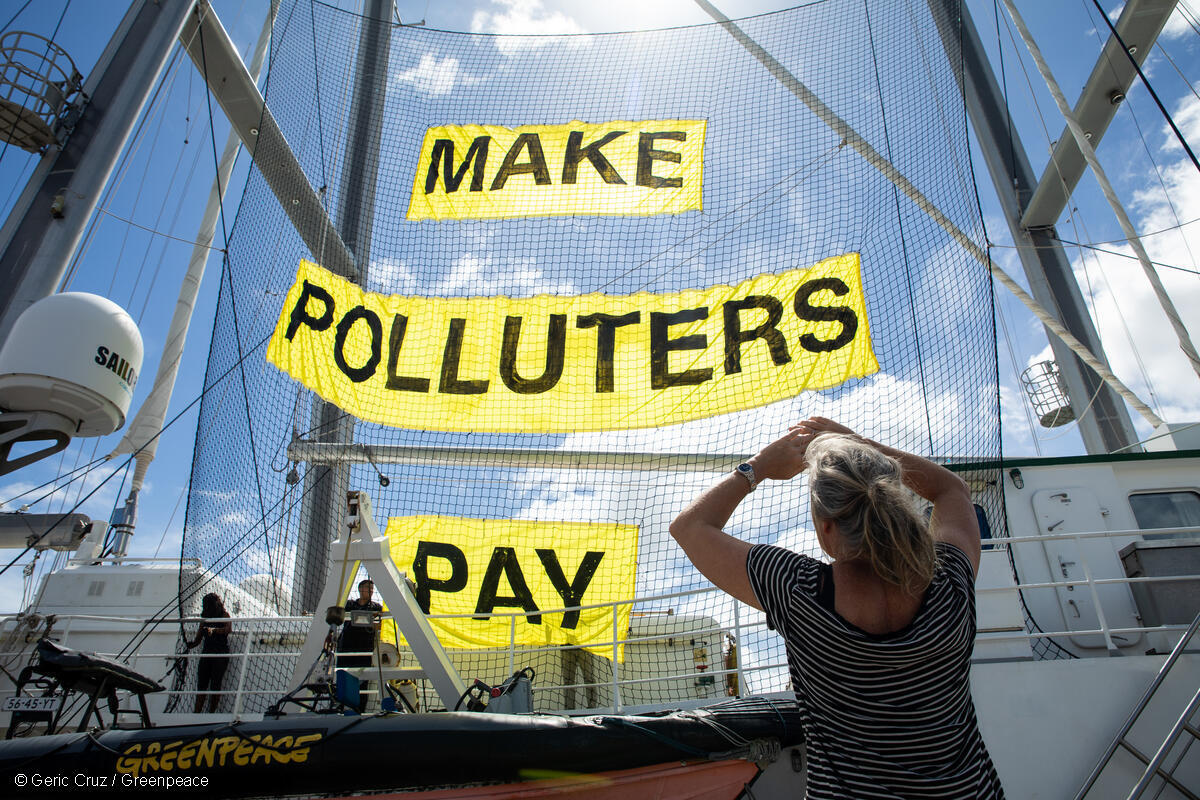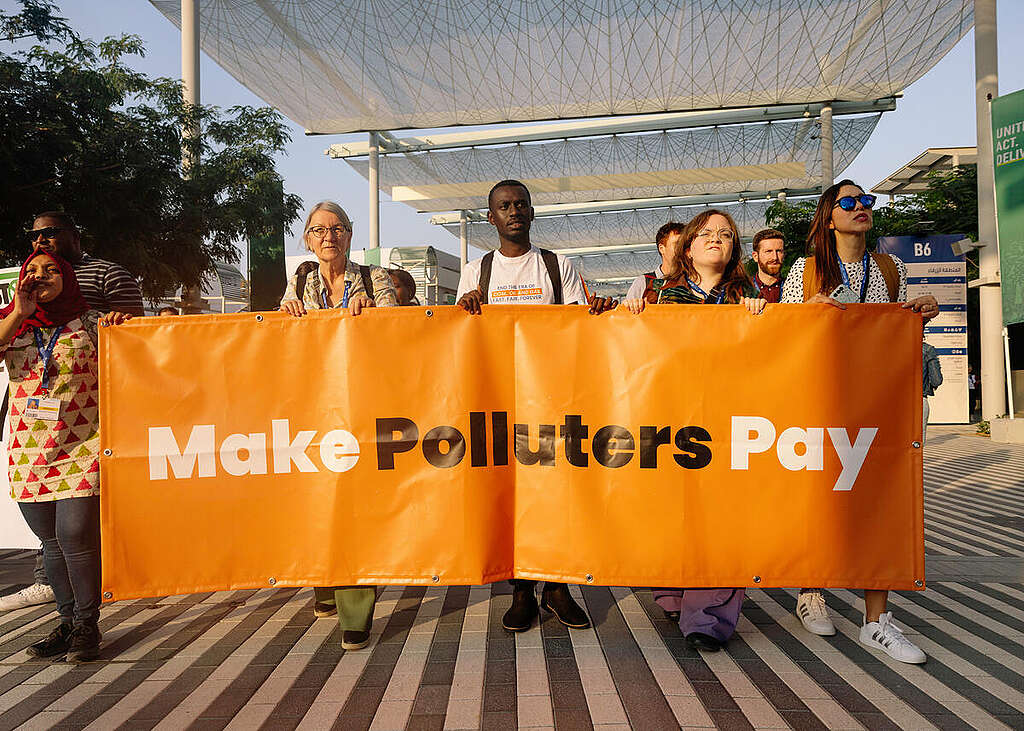
UN Climate Change Conference – COP30 in Belém, Brazil
10–21 November 2025
This year, the world’s eyes turn toward COP30 in Belém, Brazil — taking place in what is already the hottest year ever recorded. Although the Middle East and North Africa region bears only a minimal historical responsibility for global emissions compared to major industrialized nations, it ranks among the most affected by the severe consequences of climate change. Communities across the region — standing on the frontlines of the climate crisis — face overlapping challenges: temperatures rising at more than twice the global average, worsening water scarcity and drought, intensifying heatwaves, more frequent extreme weather events, and rising sea levels.
The choice of Belém, on the edge of the Amazon, one of Earth’s most vital and biodiverse ecosystems carries a powerful message: a call to recognize the deep interconnection between climate, nature, development, and justice, and to place the most vulnerable and impacted communities at the heart of global priorities.
10–21 November 2025
Belém, Brazil
No More Missed Opportunities: Time to Put Climate Justice at the Forefront
COP29 ended with a deeply disappointing agreement on the New Collective Quantified Goal on Climate Finance (NCQG) — setting a target of just USD 300 billion per year by 2035. The outcome of COP29 was a profound disappointment for millions across the Middle East and North Africa — and throughout the Global South — who live every day with the consequences of a crisis they did not create. Once again, the conference laid bare how far the priorities of wealthy nations remain from addressing the urgent needs of those most affected, leaving our region to bear the brunt of a global emergency for which it holds little responsibility.
Although the MENA region has contributed only a fraction of global emissions, it is paying among the highest environmental, economic, and social costs. The region needs an estimated USD 570 billion to meet its mitigation and adaptation requirements, yet has received only USD 24 billion since 1992 — the lowest level of climate finance worldwide. To make matters worse, most of this funding has come in the form of loans directed toward mitigation rather than adaptation, increasing debt burdens instead of easing them.
The NCQG outcome fell far short of expectations and failed to establish a clear path for implementation after COP29. At COP30, governments must urgently adopt a dedicated mechanism to operationalize the USD 300 billion commitment, accompanied by a clear roadmap to gradually scale it up to USD 1.3 trillion.
Public, grant-based, and concessional finance must be prioritized — addressing loss and damage alongside mitigation and adaptation — within a transparent framework for accountability and monitoring. Developed countries must meet their obligations under Article 9.1 of the Paris Agreement and ensure that funds reach the most affected communities through fair, direct-access mechanisms that empower local actors with equitable, transparent, and just support.
At COP30 Greenpeace Middle East & North Africa is calling for:
1- A Global Response Plan to address the 1.5°C ambition gap and accelerate emissions reductions in this critical decade, especially in key sectors such as energy (including transitioning away from fossil fuels), and agriculture, forests and land use – aligned with principles of fairness, equity and just transition.
2- The establishment of a new standing UNFCCC agenda item to drive NCQG delivery, particularly scaling-up public finance from developed countries (as per Article 9.1), and advance polluter-pays principle by imposing fair taxation on major oil companies, to unlock scaled-up public financing for developing countries.

Polluters Must Pay: Our lives before their Profits
Sign the Petition